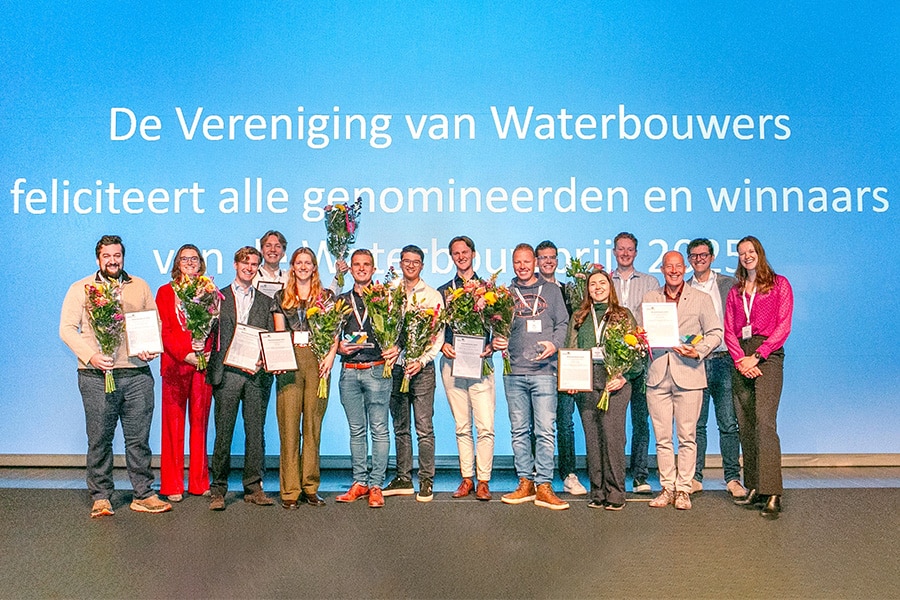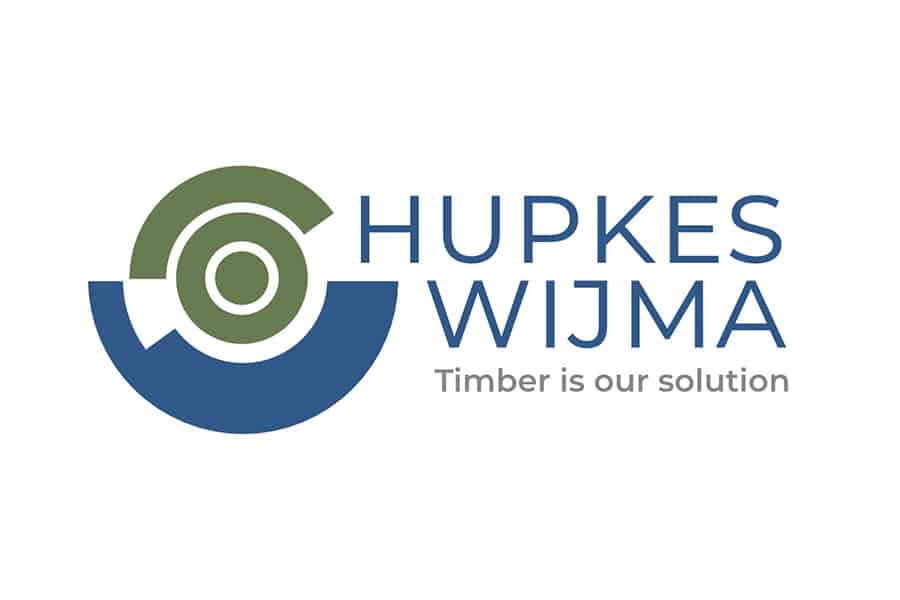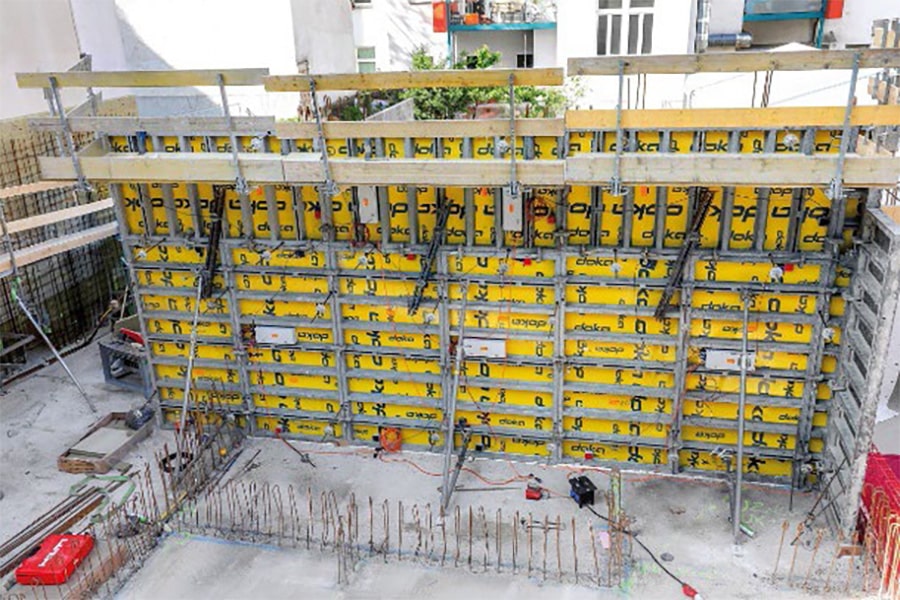
Doka is the first formwork and scaffolding construction company to commit to the Science Based Targets Initiative (SBTi)
Doka, the global leader in formwork and scaffolding, has become the first company in its industry to commit to the Science Based Targets initiative (SBTi). This milestone reflects Doka's ambition to reduce emissions according to the latest scientific guidelines and contribute to limiting global warming to 1.5°C. By aligning its targets with the SBTi, Doka is positioning itself at the forefront of global efforts to decarbonize the construction industry.
The construction industry is under increasing pressure to adopt more sustainable practices, driven by both increasing regulatory requirements and the urgent need to reduce its significant environmental impact. The sector is responsible for approximately 37% of global greenhouse gas emissions, making it a major player in the fight against climate change. Doka sees this challenge not only as an environmental responsibility, but also as a catalyst for developing more resilient and sustainable business models that can promote long-term success in the changing construction market.
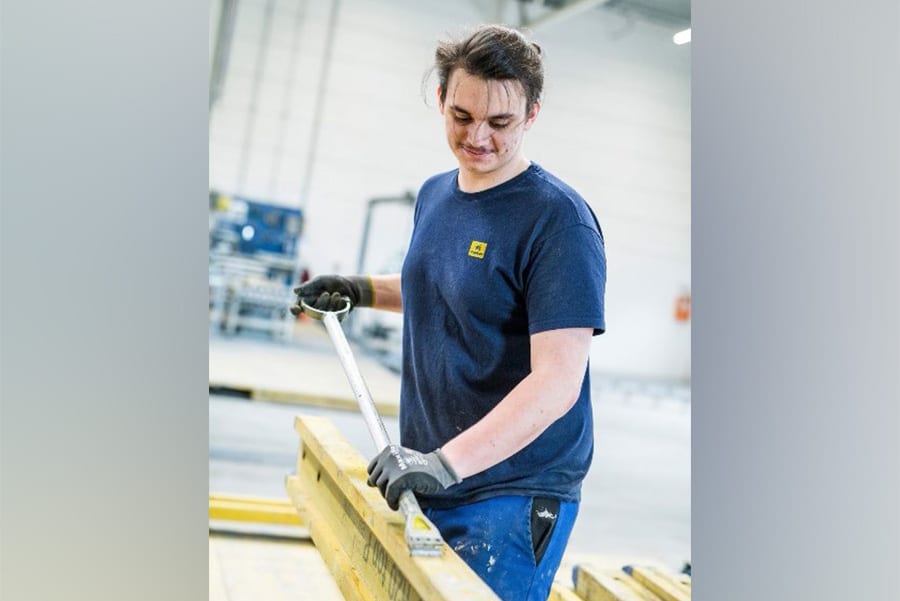
Toward net zero
The commitment to the SBTi is a cornerstone of Doka's comprehensive "Net Zero 2040" sustainability strategy. "The transition to net zero is a complex challenge that requires both ambition and resilience. By committing to the SBTi, we show that sustainability is not just a buzzword for us - it is serious business," said Robert Hauser, CEO of Doka. "We believe that sustainable practices and solutions are key to helping our customers thrive in a future-proof, competitive construction industry."
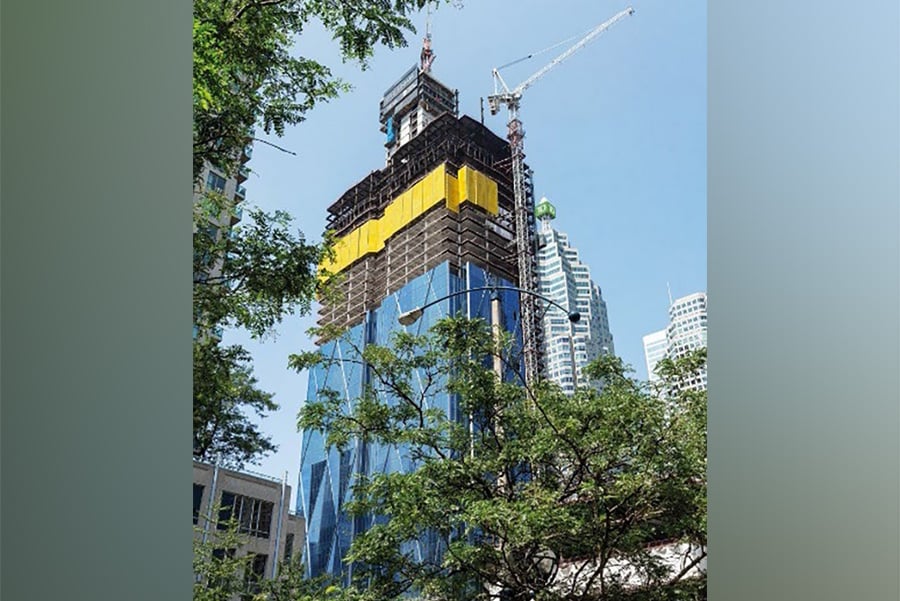
Ambitious climate goals as a competitive advantage
Doka has set ambitious goals for reducing its carbon footprint. The company aims to reduce its Scope 1, Scope 2 and Scope 3 emissions according to SBTi's absolute reduction methodology, so that Doka's climate goals match the Paris Agreement's 1.5°C trajectory. By 2030, this means a minimum reduction of 42% in both Scope 1 and Scope 2 emissions. Scope 3 emissions, which include all indirect emissions generated outside direct operations, must also be reduced by 42%. Robert Hauser added, "We are constantly working with our customers and suppliers to develop safer, more efficient and climate-friendly solutions. Our commitment to SBTi confirms our commitment to reducing greenhouse gas emissions, not only within Doka, but throughout our supply chain."

A long-standing commitment to sustainable progress
Doka's pioneering role in sustainability goes far beyond its current commitment to the SBTi. Doka has already implemented significant emission reduction measures over the years, such as increasing the use of renewable energy at all sites worldwide. At its Austrian headquarters, Doka has switched to 100% renewable electricity, supported by the expansion of solar panel systems and a green energy switch. These initiatives are crucial to achieving the company's long-term emission reduction targets, which are currently being validated by the SBTi, but are just the beginning.
Moreover, Doka's rental model makes an important contribution to the circular economy, which, alongside decarbonization, is another key pillar of the company's sustainability strategy. By refurbishing its formwork at dedicated service centers after each use, Doka ensures that material and resource consumption is minimized and that products remain in circulation for a longer period of time. The company is also exploring the use of recyclable, low-carbon materials in its formwork systems to further reduce the environmental impact of construction projects. With a strong focus on innovation and collaboration, Doka continuously works with leading industry experts and organizations to promote sustainable practices, such as the use of intelligent heated formwork systems that facilitate the use of carbon-reducing concrete on construction sites.
Based on these efforts, Doka has also pioneered the calculation of the Product Carbon Footprint (PCF) for its range of more than 7,000 products. The company helped develop the first industry criteria for calculating the PCF of formwork and scaffolding. These efforts benefit both the climate and Doka's customers worldwide.

